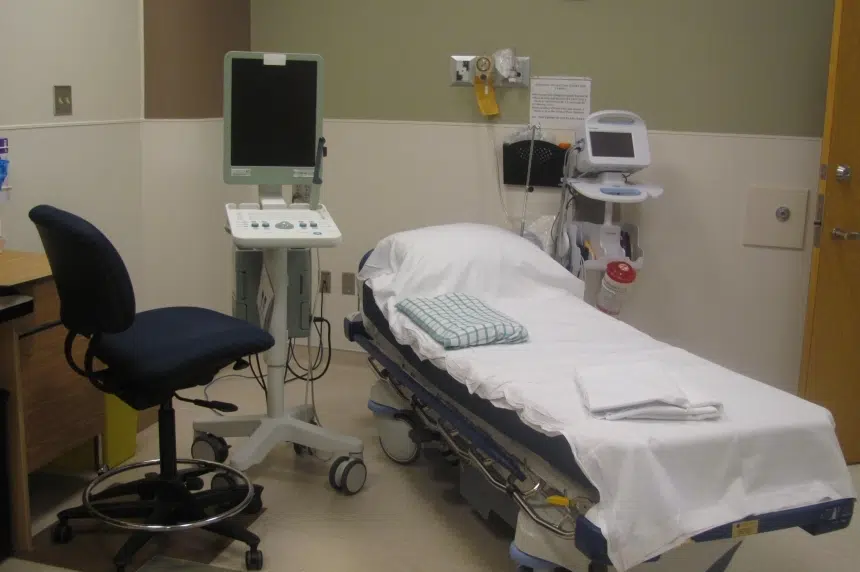Fifteen registered nurses from Philippines are preparing to start work in Saskatchewan.
According to the Ministry of Health, the nurses are currently working through a “bridging” program to ensure their language skills, education and licensing are up to speed before joining the province’s health-care system. Another intake is planned next month, the ministry added.
Meanwhile, four continuing care assistants have already arrived in the province, the ministry said, with two to work in Eastend, one in Moose Jaw and one in Swift Current. Two medical lab assistants have also arrived in the province, and the ministry said they will start work in Regina early next month.
The provincial government shared the recruitment update as part of its Health Human Resources Action Plan, which seeks to add more than 1,000 health-care professionals to the provincial system over the next few years. More than $60 million will be invested to try to address the shortage of trained workers in clinics and hospitals around the province.
“The approach we’ve taken to stabilize and steadily grow our health-care workforce under the HHR Action Plan is seeing tangible results, as new workers begin to arrive in our province and others participate in bridging programs,” Health Minister Paul Merriman said in a statement.
Since the plan first launched, more than 170 job offers have been extended to health-care workers in the Philippines, the ministry noted. That number has risen by 10 since January.
Additionally, eight Ukrainian newcomers have been hired by the Saskatchewan Health Authority (SHA), the ministry added.
“We’re working to ensure our process for internationally educated health-care professionals to work and move to Saskatchewan is one of the best in the country, while continuing to improve job offers and connections for our own graduates,” Merriman added.
The SHA is working to recruit nursing graduates through career events held this month, with more planned in March and April.
Since December, the ministry said 72 nursing graduates have been hired from Saskatchewan and other regions. That number has risen significantly since the previous update last month, when just 29 had accepted offers.
In rural areas, where the shortages of health-care workers are often most-acutely felt, the provincial government is offering incentive packages up to $50,000 to those in nine specific professions in exchange for a three-year term working in one of 52 rural locations. Since the incentive packages were first launched in the fall, the ministry said 56 have been approved. That figure has risen by 25 since the January update.
The provincial government has also invested $230,000 in 145 bursaries to support health students during their final clinical requirements, an increase of $20,000 since the previous update.
Another aspect of the recruitment plan involves creating new learning and training opportunities for Saskatchewan students, the ministry said, and a recent announcement provided a big push in that direction, with a $5.5-million investment designed to create more than 550 post-secondary training seats across 18 different health programs.
“The recent commitment to increase training capacity will open up exciting new health career options for hundreds more Saskatchewan students,” Merriman added.











